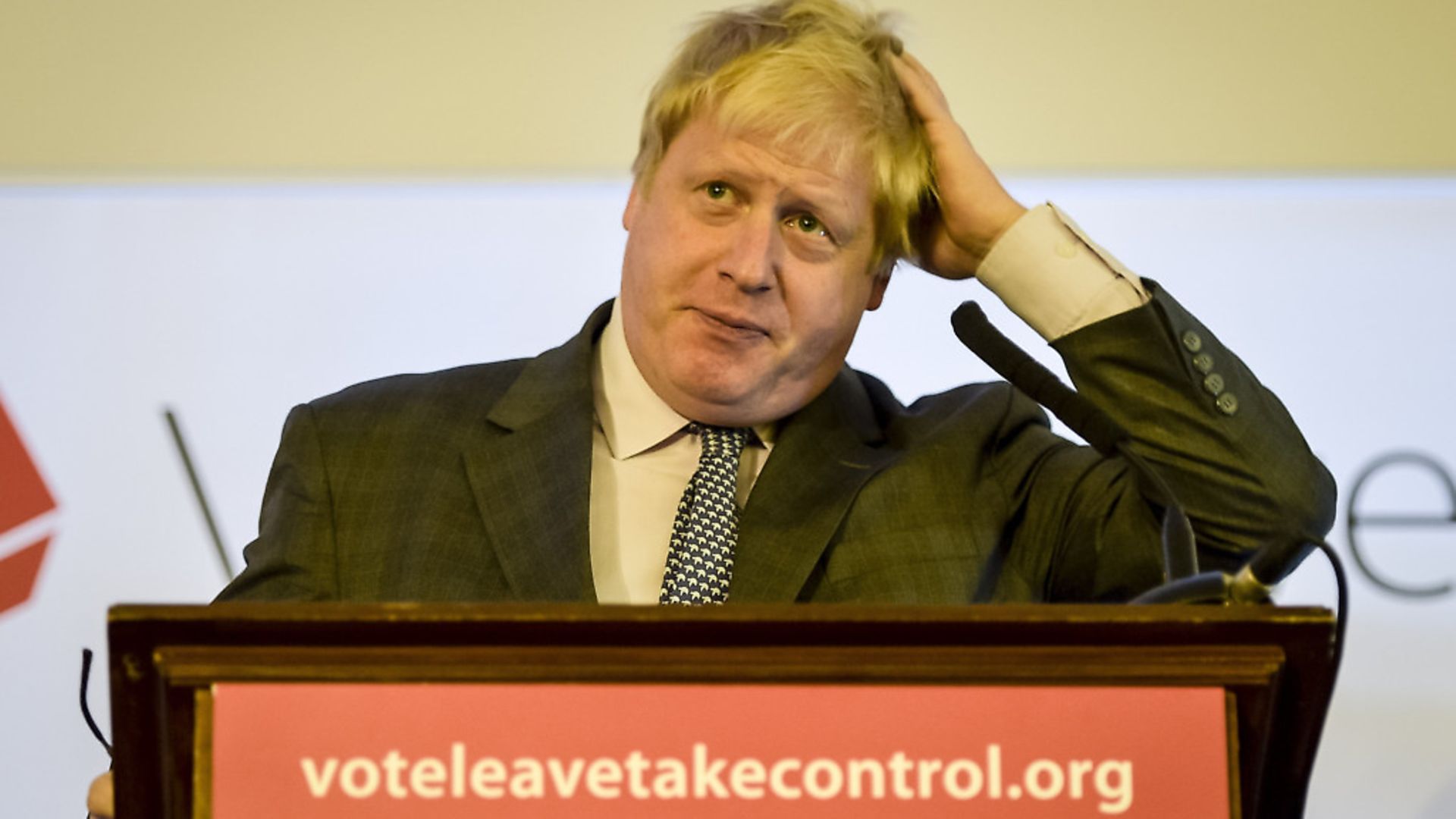
With stalled trade talks and Boris Johnson’s self-imposed Brexit deadline of the end of July fast approaching, we want to know if you think the prime minister will be able to agree a deal before the end of the transition period?
UK and EU negotiators now have less than five months to agree on and implement a trade deal to avert a no-deal Brexit that will see Britain hit with tariffs and border checks.
With the clock ticking, we want to know whether you think the prime minister will be able to bag Britain a Brexit deal by the end of the transition period in December.
The question comes as chief EU negotiator Michel Barnier and his team return to London for another round of talks after previous attempts ended in stalemate.
Speaking at the end of last week’s gathering in Brussels, Barnier said: ‘In June the prime minister Boris Johnson told us that he wanted to reach a political agreement quickly.
‘The prime minister also stated three red lines. Number one: no role for the European Court of Justice in the UK. Number two: the right to determine future UK laws without constraints. Number three: an agreement on fisheries that shows that Brexit makes a real difference compared to the existing situation.
‘We have tried to understand how these three red lines can be squared with our commitment to a comprehensive new partnership as set out in the Political Deceleration signed by prime minister Johnson on 17 of October last year.’
He added: ‘However, over the past few weeks, the UK has not shown the same level of readiness to find solutions.’
Barnier insisted the continued stalemate now meant a deal looked ‘unlikely’ and warned the ‘time for answers is quickly running out’.
David Frost, Britain’s chief Brexit negotiator, acknowledged talks had collapsed because of ‘considerable gaps’ between the two sides on important issues like the level playing field and fisheries.
‘We have made progress in areas like trade, trade of goods and services, transport, social security cooperation, EU programmes, participation and so on, which is good.
‘But nevertheless big differences do remain, in particular with the familiar questions of the so-called level playing field and fisheries policy. and called on the EU to recognise it was in discussions with an ‘independent state’.
Warning: Illegal string offset 'link_id' in /mnt/storage/stage/www/wp-includes/bookmark.php on line 357
Notice: Trying to get property 'link_id' of non-object in /mnt/storage/stage/www/wp-includes/bookmark.php on line 37






